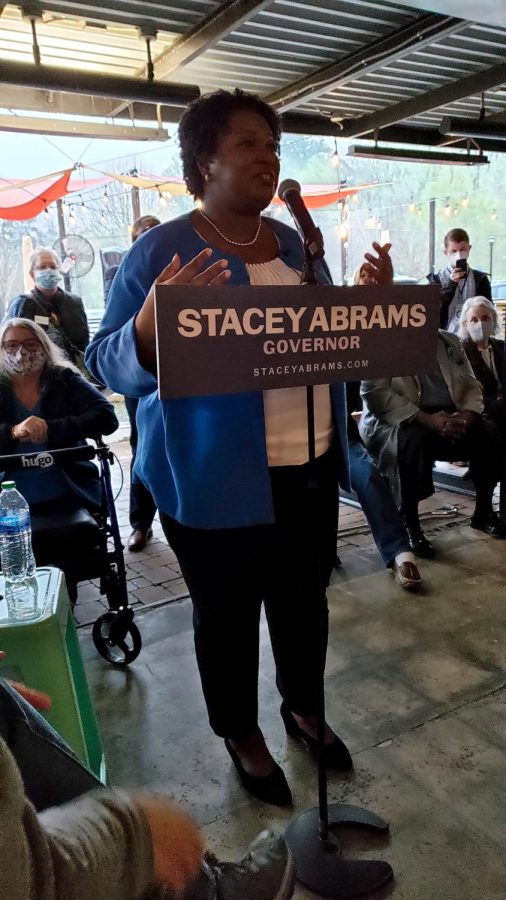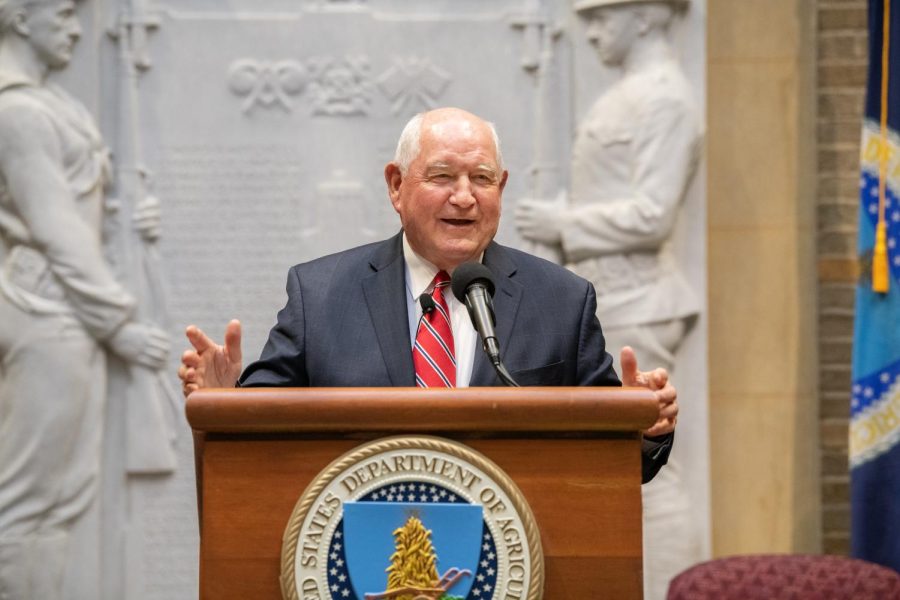This November, many Georgia residents assumed they would have a break from politics, as Georgia does not usually hold statewide elections during odd years. This time, however, the state is holding a special election, an election many may not realize is happening. The primaries have already been completed this summer, and on November 4, the general election will be held.
This summer, the Democratic and Republican parties held primaries for their candidates to fill two district seats for the Public Service Commission. The PSC, according to their page on the State of Georgia’s website, is tasked with the unique responsibility “to decide what are fair and reasonable rates for services under its jurisdiction.” The services under their jurisdiction are power-related, such as natural gas, electric and telecommunications.
In layman’s terms, the PSC handles the role of power here in the state. They oversee approving plans created by energy companies, a major one being Georgia Power. These plans are often in the form of construction of power plants, which can be powered by renewable or nonrenewable means.
As well as this, they also control and regulate energy rates and price hikes for citizens of Georgia. This directly affects the power bill people receive. In two years, the PSC approved six rate hikes for Georgia Power. The average power bill has risen by $516 within this time frame. A freeze on base rates was approved earlier this month before the general election.
This may seem innocuous to some students, but for those with an interest in either seeing green energy continue to take a forefront in Georgia’s power grid, or a return to natural gas, this vote is incredibly important.
For example, in April of 2024, the PSC voted 4-1 in favor of Georgia Power’s updated plan. This plan includes the construction of three gas turbines to come to a location in Coweta County. The turbines would be powered by methane. While Georgia Power assured the public that this adjustment will help support the rapidly growing economy here in Georgia, many clean energy and environmental advocacy groups protested the idea of sinking more capital and finances into fossil fuels. The first of the three turbines came this August to the Coweta location.
Georgia is at a major crossroads with its energy production. The clean energy industry within the state has grown by 4.9%, with more data centers being constructed that need power. More than ever, the PSC holds an incredible amount of power. Luckily, Georgia residents, regardless of their location, can vote in this election.
While the candidates are specific to a district, anyone in the state of Georgia can vote in this election. This means that, even though Columbus is not in either of the districts, Columbus residents can still vote.
Candidates in District 2 are Tim Echols, the incumbent and republican nominee, and Alicia Johnson, the democratic nominee. For District 3, Fitz Johnson is the incumbent and republican nominee, and Peter Hubbard is the democratic nominee.
Residents interested in letting their voices be heard can either vote early from October 14 to October 31, or vote on election day on November 4.

















